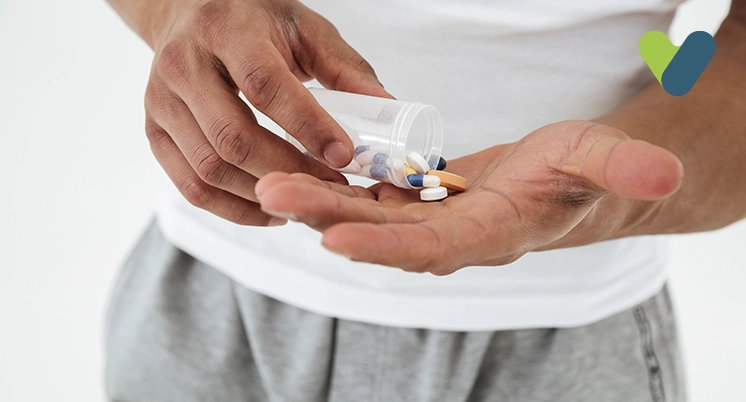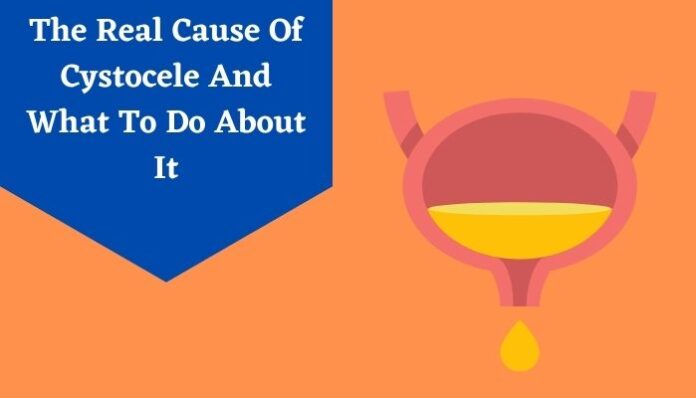What diet should you follow with overactive bladder syndrome?
One’s diet can make a positive difference in not just the treatment of a medical condition but also our overall health. In the case of an overactive bladder, a condition where one experiences frequent and sudden, uncontrollable urges to urinate even when the bladder is empty, consuming food products and drinks that are non-inflammatory can be helpful. It’s important to avoid items that can irritate the bladder and trigger your symptoms.
If you an overactive bladder, there are some steps that can aid in managing symptoms, like:
Pelvic exercises: Kegel exercises and vaginal weight training can help strengthen your pelvic muscles so that you have better control over your bladder. These exercises are usually done under a specialist’s supervision.
Bladder training: You can train your bladder to delay the urge to urinate. Start with 30-minute intervals. As your bladder adjusts to this change, you can increase the interval period.
Medication: Some medications can ease the tension in your bladder muscles, giving you more control in between trips to the restroom. Your doctor might even advise you to avoid taking certain medicines that have diuretic side-effects.
Adequate hydration: Just because you have an overactive bladder does not mean you can avoid drinking just enough fluids. If you remain hydrated, your body can function at its optimum capacity. If you do not, then your urine can get concentrated and acidic, which can irritate your bladder and make you susceptible to kidney stones.
Treat infections: If you get urinary tract infections often, then you need to speak to your doctor about how to avoid this. Infections of the urinary tract can lead to symptoms of overactive bladder.
Regular exercise: Being overweight or obese can put pressure on your bladder, so you might experience the need to use the restroom often. Keeping your weight under control by regularly exercising can be useful.
Quit smoking: Chemicals in cigarettes can irritate the bladder and raise the incidence of cancer. Coughing spasms brought on by smoking can exacerbate stress incontinence issues.
Numerous meals and beverages aggravate overactive bladder symptoms. A few dietary adjustments frequently considerably alleviate symptoms. Caffeine, alcohol, and salty foods might increase urine production and toilet visits because they have diuretic properties.
Acidic and spicy meals irritate the bladder lining, which causes pain and often necessitates additional trips to the restroom. Additionally, dehydration facilitates these irritants to have a closer contact with the bladder lining, which intensifies their negative effect.
You should also talk to your doctor about your fluid consumption. You can together decide how much liquids you should consume each day.
Foods to avoid with overactive bladder
Here is a list of foods you should cut out from your diet, or consume in moderation, if you have an overactive bladder:
- Spicy foods
- Products with too much sodium as well as MSG
- Caffeine (tea, coffee, and chocolate)
- Alcohol
- Artificial sweeteners
- Acidic foods and drinks including vinegar, tomatoes, and cranberries
- Carbonated drinks
- Cured meats and similar processed items
- People with severe OAB are frequently recommended to prepare meals at home as much as to avoid problems after consuming takeout or restaurant food.
Foods that help an overactive bladder
If you are trying to form a diet by yourself at home, then the trial error method might work. However, it’s just a longer process than going to a dietician or nutritionist who can make an overactive bladder diet. They can also share with you tips on how to order smartly when you eat so that you don’t have to compromise on taste or enjoyment while also keeping your health intact. Additionally, experts can guide you how to eat when you are away from home, on a vacation or work trip, and how you can make the best of what is available.
Here is a list of beneficial foods for an overactive bladder:
Fruits like blueberries, pears, strawberries, and apples are less acidic than cranberries. They also contain antioxidants that are detoxifying.
Other fruits that you can include are bananas, coconut, watermelon, and grapes.
If you are looking to spruce up your drink of water, use a thin wedge or slice of lemon. Steep it in the drink for a bit so that it adds just the right amount of flavour without the acidity.
High fibre veggies are recommended, and they include, cucumber, green leafy vegetables like spinach, methi, and kale, carrots, bell peppers or capsicum.
As the Indian diet can have some spice, you can ease the blow of it by drinking yoghurt-based drinks. They are cooling and soothing.
If you are vegan or vegetarian, then include lentils, soyabeans, tofu, and paneer in your diet.
If you eat meat, then steer clear of red meat but do include fish, chicken, shellfish, and eggs.
Nuts are also a great source of omega-3 fats and minerals. You can include a fistful of walnuts, almonds, cashews, and any other dry fruit of your choice in your diet.
If you are a chocolate lover, then you can have dates, dried cranberries, prunes, jaggery, and other natural sources of sugar in moderation.
Grains are essential as well unless you are gluten intolerant. Then you can switch from wheat to rice, quinoa, ragi, bajra and other such alternatives.
Creating a diet on your own may need some guess work and experimentation. But while you do this, it is crucial to consume the daily required amount of nutrients. Discuss your specific nutritional needs with your doctor or nutritionist as well. They can assist in choosing the right supplements for you.
Understanding your dietary triggers can significantly help you manage your symptoms and enhance your quality of life. Monitoring your fluid consumption and limiting intake of certain products to may also be helpful.
Start a food journal if you believe your diet could be causing some of your symptoms. Make sure to record each meal as well as any after-meal symptoms.
If your symptoms emerge after you’ve eaten, make a note of what you were doing at the time the symptoms began. You could discover that certain activities, like working out, have a greater impact on your symptoms.


